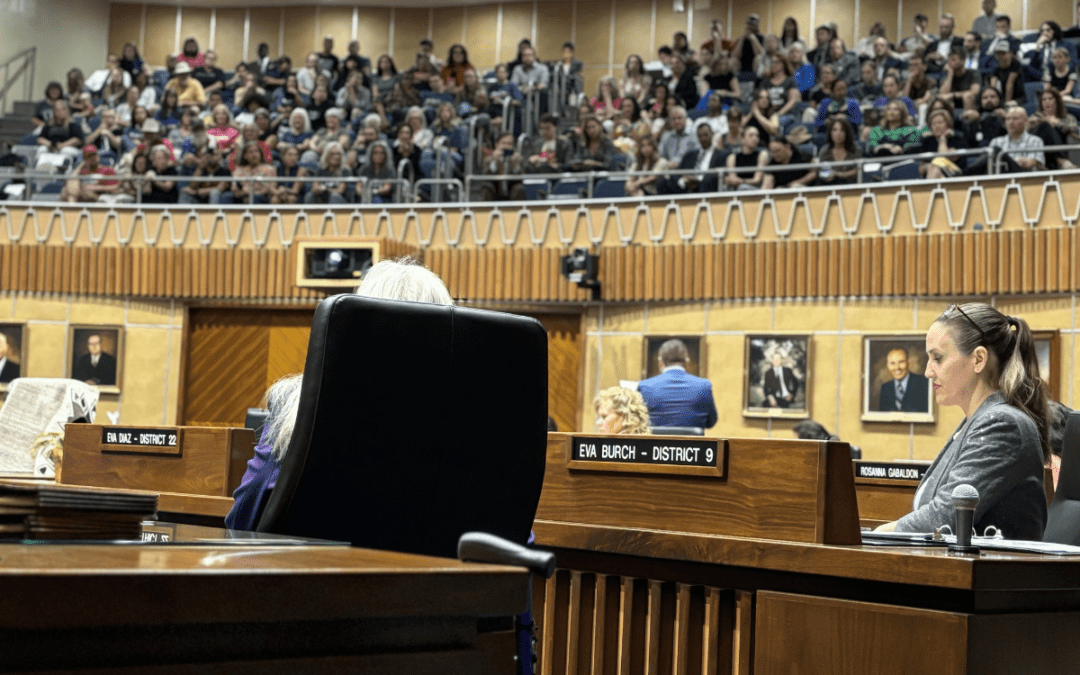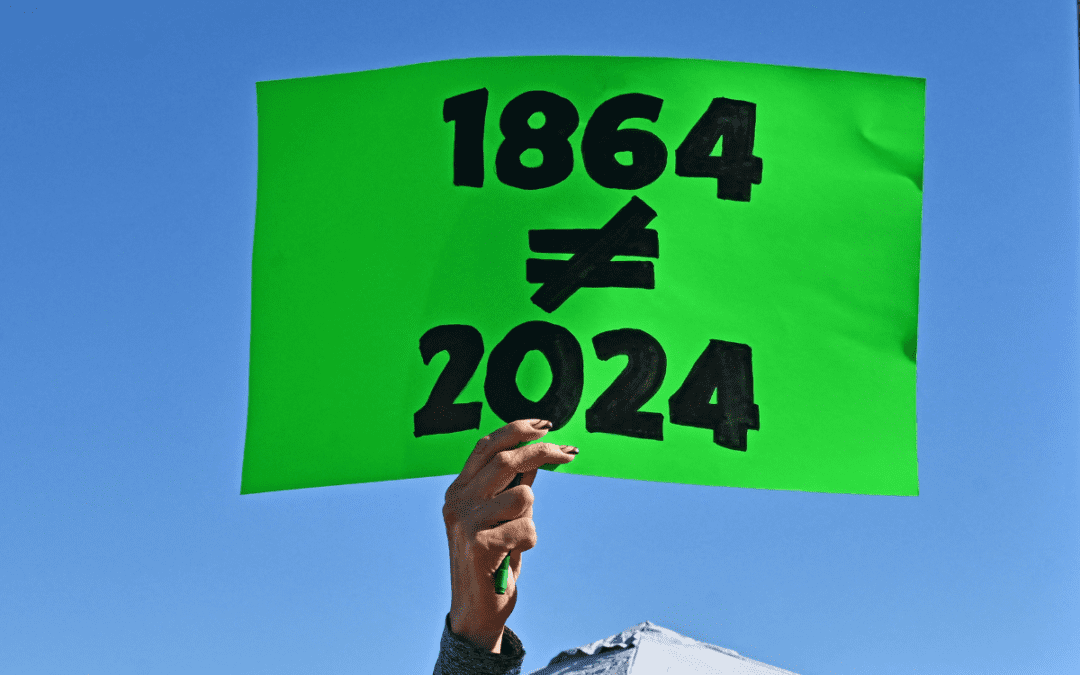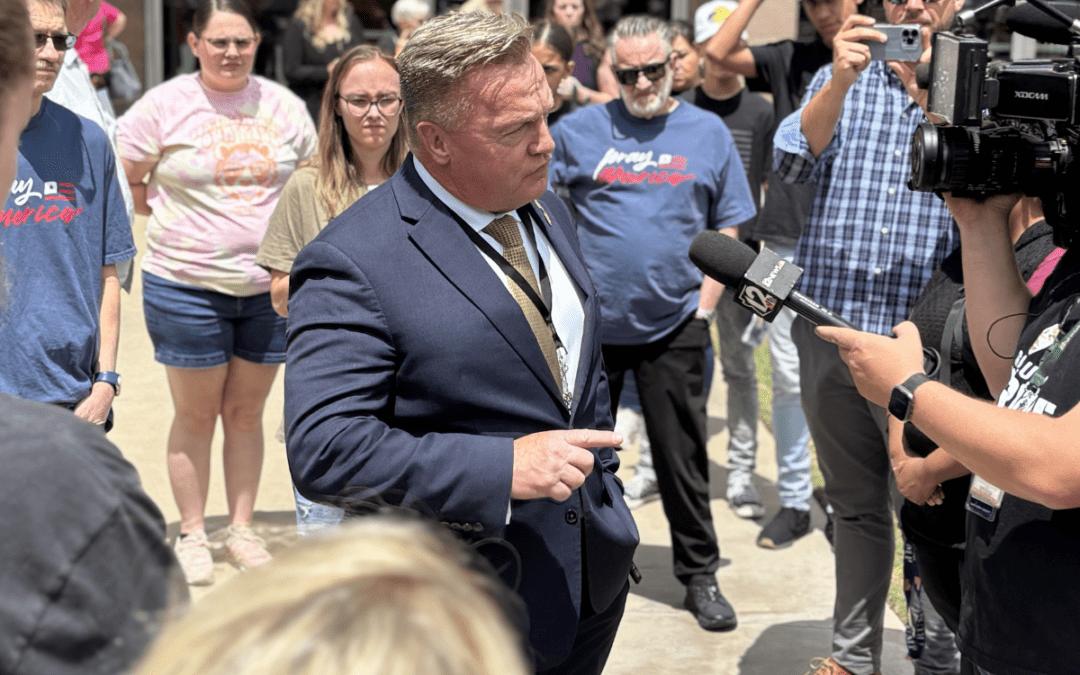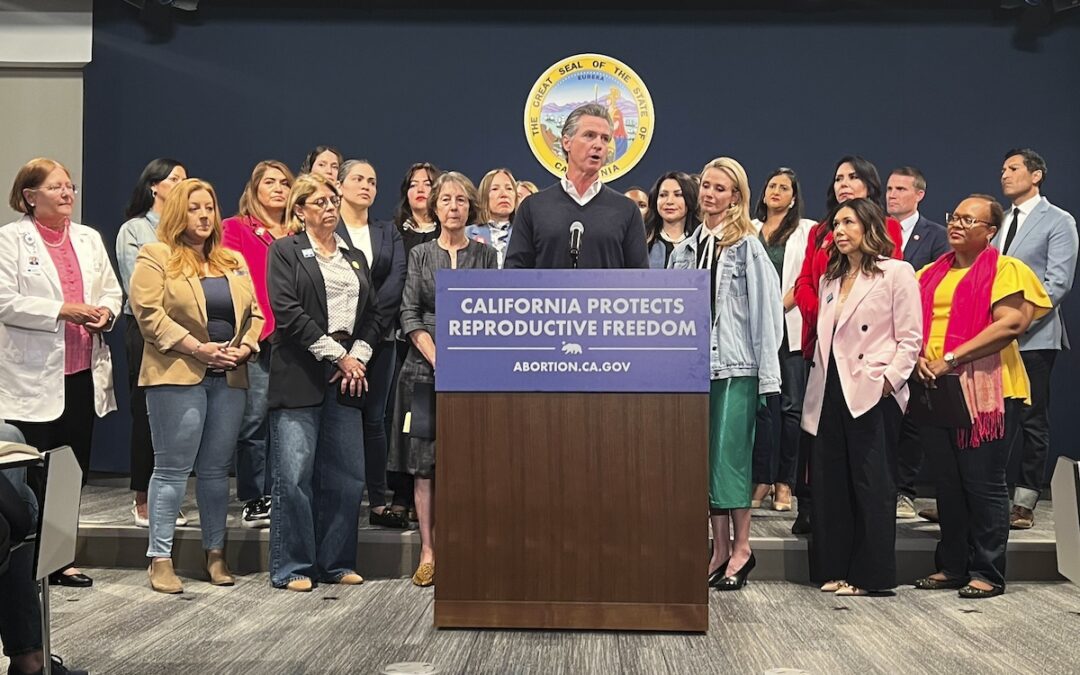
Arizona saw a 26% increase in hate crimes in 2019, according to a report from the FBI.
Newly-released federal data has revealed a spike in hate crimes committed both in Arizona and nationwide, even as fewer police departments are reporting such incidents to the FBI.
The FBI Hate Crime Statistics Report released Monday lists over 200 crimes motivated by hate were reported in Arizona in 2019. This is a 26% increase from the previous year, when 166 such incidents were reported by local law enforcement.
The FBI’s annual report defines hate crimes as those motivated by bias based on a person’s race, religion, sexual orientation, among other categories.
Arizona’s increase mirrors the national trend, which, according to the report, rose to the highest level in more than a decade. There were 7,314 hate crimes nationwide last year, which is up from the 7,120 reported in 2019.
In Arizona, 143 of the hate crimes were motivated by bias toward a person’s race, ethnicity, or ancestry. Thirty-six were motivated by religion, while 30 were based on sexual orientation. The remaining eight were reportedly motivated by disability, gender, or gender identity.
Carlos Galindo Elvira, director of community engagement and partnership for Chicanos Por La Causa, said it’s likely the numbers are even higher and they’re just not being accurately reported or recorded.
“There are other hate crimes and incidents happening,” he said. “We need to get to a point where more people of all diverse backgrounds are comfortable reaching out to law enforcement so we can see numbers that reflect more of what’s happening.”
Phoenix, the largest city in the state, saw the highest number of incidents at 159. The capitol city also reported the biggest increase with a 40% jump from 113 in 2018.

Phoenix police spokesperson Sgt. Mercedes Fortune said “Bias-related crimes affect not only the security of our community members but more importantly the trust within that community,” Fortune said in a statement to The Copper Courier. “We encourage our community to report all crimes in whole or in part, as a result of a prejudice or bias toward an individual or group based on race, religion, ethnicity, gender, gender identity, sexual orientation, or disability.”
Galindo Elvira said the increase could be attributed to improved reporting, but he added that more can always be done, including improved community relations and increased training for law enforcement in identifying and reporting hate crimes.
“It’s a two-way street,” he said. “It’s a better reflection of what’s happening on the ground in our communities and it’s an opportunity to demonstrate that the public has built a better relationship with law enforcement to be able to reach out and report.”
Tucson—the second most populous city—saw the second most hate crimes with 16, and an additional four incidents motivated by religion were reported on the University of Arizona campus. Glendale had the third-highest number of hate crimes with nine.
Sort Fact From Fiction: Sign up for COURIER’s Newsletter
The number of hate crimes in Arizona have fluctuated in recent years, with the highest number in the past decade, 168, reported in 2017.
The 2019 numbers likely don’t capture the full scope as only 92 Arizona law enforcement agencies reported their data—covering an estimated 6.4 million people.
Seventeen agencies did not report their data, which means approximately 879,000 people aren’t represented. In 2018, 102 agencies reported, giving a more accurate representation of Arizona’s 7.2 million population.
It’s not clear which agencies didn’t participate or why.
Without an accurate picture of what’s occurring and where in the state, it’s difficult for law enforcement, elected officials, advocates, and others to adequately address the issue.
“We need elected officials to know what the real numbers are so we can allocate resources, whether that’s more training for law enforcement or opportunities for civic engagement,” Galindo Elvira said. “The community alone can’t stop hate crimes, but a coalition can come together to speak out against hate and bigotry.”
Hate Crimes Against Latinos Increase for Fourth Year
Some of the 2019 increases may be the result of increased reporting by police departments, but law enforcement officials and advocacy groups don’t doubt that hate crimes are on the rise.
The numbers of incidents have consistently grown during the Trump administration, alongside a surge in the number of white nationalist movements. According to the Southern Poverty Law Center, the number of white supremacist groups grew by 55% from 2017 to 2019.
The Department of Homeland Security stated in October that 2019 was the most lethal year for domestic violent extremists since the Oklahoma City bombing in 1995.
The data also shows there was a nearly 7% increase in religion-based hate crimes, with 953 reports of crimes targeting Jews and Jewish institutions last year, up from 835 the year before. The FBI said the number of hate crimes against African Americans dropped slightly to 1,930, from 1,943.
READ MORE: Here’s What You Need to Understand About the FBI’s Latest Hate Crimes Report
Anti-Hispanic hate crimes, however, rose to 527 in 2019, from 485 in 2018. And the total number of hate crimes based on a person’s sexual orientation remained consistent, with one fewer crimes reported last year, compared with the year before, though there were 20 more hate crimes against gay men reported. Again, it’s likely the numbers do not provide an accurate representation of incidents as participation is not required by law.
Galindo Elvira noted that this was the fourth consecutive year that the number of hate crimes against Latinos increased and the Jewish community was again the most subjected to religious-motivated hate crimes.
He theorized that this could likely be tied back to the current rise in right-wing rhetoric, pointing to the anti-immigrant sentiment of the Trump administration and the 2019 mass shooting at an El Paso Walmart, which left two dozen dead. The shooter later told investigators he specifically targeted Hispanics.
The Associated Press contributed to this report.
Politics

Democrats successfully force vote on repealing 1864 abortion ban, passes House
The Arizona legislature moved forward two bills Wednesday that would repeal the state’s 1864 abortion ban. A bill to repeal the ban has been...

State Official: 1864 abortion ban gives Arizona ‘black eye’
Arizona’s role at the forefront of the climate crisis, defending democratic elections, and protecting reproductive rights has caught the attention...
Local News

Arizona Sens. Anthony Kern, Jake Hoffman, indicted for fake election scheme
Eighteen individuals involved in a conspiracy to overturn Arizona’s election results in 2020 were indicted by a grand jury Wednesday and charged...

Gov. Gavin Newsom wants to let Arizona doctors provide abortions in California
California law generally allows abortion up to the point of fetal viability, which is around 24 weeks. SACRAMENTO, Calif. (AP) — Arizona doctors...




